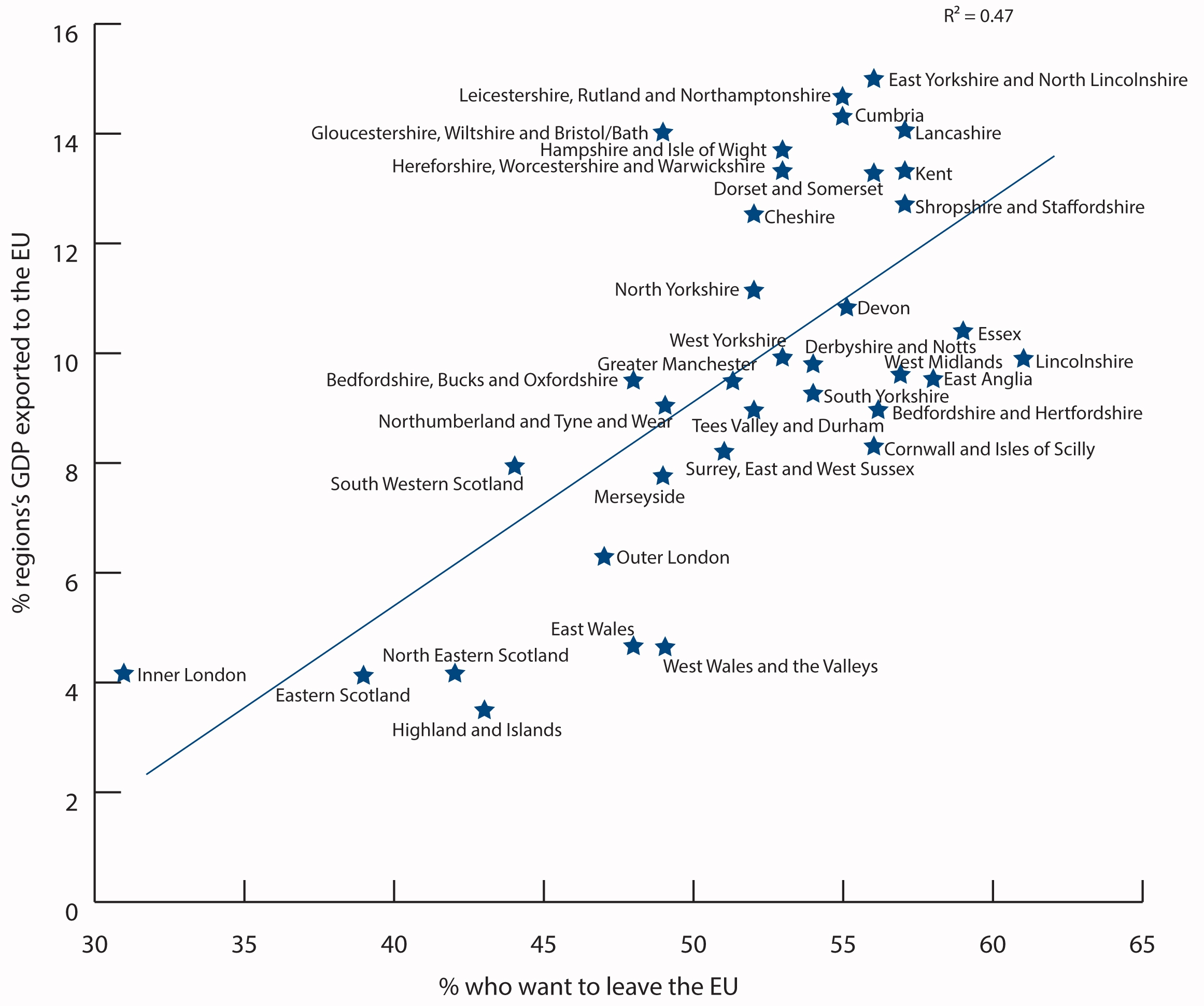I appreciate you're point and I agree to some extent but I don't really buy it completely. I haven't travelled through the US that much (I've only been to the east coast a few times) but I don't buy that US states are as different as countries in the EU. Just looking at economics, the US state with the lowest median family income (Mississippi as far as I can tell) only differs from the US state with the highest median family income (Maryland) by less than a factor of two. Between EU countries its more like a factor of 10. Unemployment rates by states in the US vary between 2.5 and 6.6, in the EU 2.4 and 24.4. There is still (bit of a old study but w/e)
far less labour mobility between EU countries than there is between US states. These economic differences are
a big reason for the Eurozone crisis.
Additionally I think it's self evident that there are greater cultural difference between EU countries than there are between US states. First of all there is the obvious language barrier but there is also the fact almost every EU country has a totally self contained media. News, entertainment, sport etc are all clearly far less unified than the US.
So I don't really think it's like Texas voting to secede. I don't think there is as much solidarity between countries in the EU as there is between US states and I think the past few years have shown that. Even worse, when you look at things like Schengen & the Eurozone crisis it seems like the EU is creating division rather than reducing it.
There are three main groups IMO. 1) Socialists who hate the EU for the same reason they hate free trade agreements etc. These were the original eurosceptics from the 1970s. 2) Traditionalists who are angsty about parliamentary sovereignty and things like that. This group includes lots of Conservative MPs and became a big issue in the 1980s and 1990s. 3) Racists. The BNP & UKIP folks who have somehow blamed the EU for the migration of Pakistani and Indian people to the UK.



